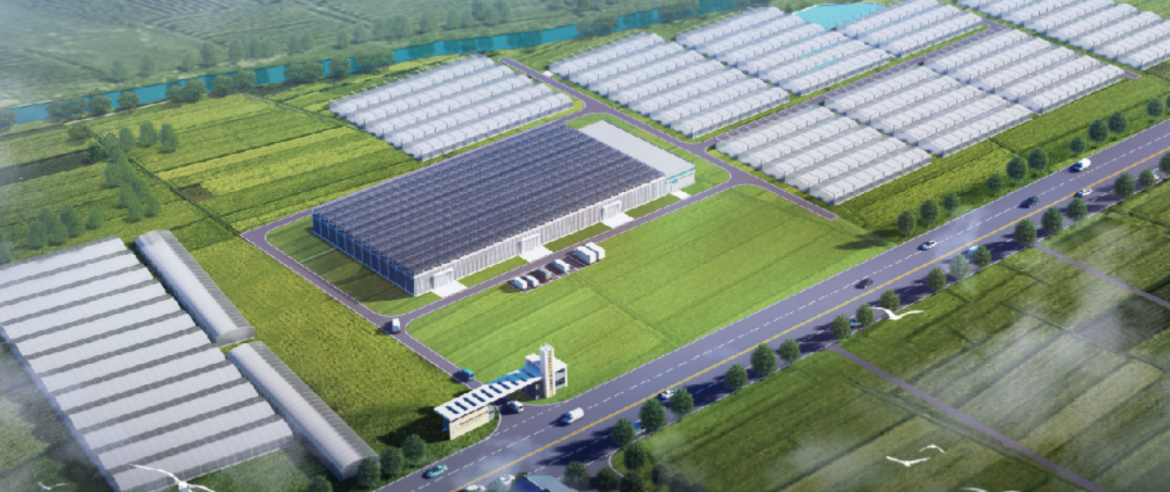In recent years, farming solutions have increasingly embraced digital innovations to optimize crop production and resource management. Among these innovations, the Internet of Things (IoT) plays a pivotal role in transforming traditional agriculture into a more data-driven and efficient system. By connecting sensors, devices, and machinery, IoT enables precise monitoring of soil conditions, climate factors, and crop health. This approach not only enhances operational efficiency but also allows experienced growers to make informed decisions, reducing waste and improving overall yield in various regions, including Europe, North America, and the Middle East. Additionally, IoT integration helps in tracking environmental compliance and energy usage, supporting sustainable practices and reducing operational costs over time.
Practical Applications of IoT in Modern Agriculture
IoT integration in farming solutions covers multiple facets of plant cultivation. For instance, environmental sensors can detect temperature, humidity, and light intensity in real-time, enabling automated adjustments to ensure optimal growth conditions. In advanced greenhouse setups, IoT facilitates the regulation of irrigation, nutrient delivery, and airflow, significantly improving production consistency. Urban and vertical farming operations can also benefit from this technology, as it allows crops to thrive in controlled environments with minimal human intervention. By leveraging IoT, farms can maintain uniformity across large-scale production, reduce labor requirements, and optimize energy consumption, which aligns with emerging sustainability goals in regions like Australia and Singapore. Furthermore, IoT platforms often include predictive maintenance alerts for equipment, helping farms avoid downtime and costly repairs.
Enhancing Crop Management with Data Insights
The use of IoT extends beyond environmental monitoring to include comprehensive data analysis for crop management. Connected devices can track plant growth patterns, detect early signs of diseases, and predict harvest timing, offering growers actionable insights to refine their strategies. Companies focusing on advanced farming solutions incorporate AI-driven analytics to interpret the collected data, enabling precision cultivation and resource allocation. This technology-driven approach is particularly valuable for experienced operators managing industrial-scale production, as it supports standardized output and efficient workflow management. IoT-driven farming also facilitates remote monitoring, allowing farm managers to supervise multiple facilities across different geographies, including the Gulf region and North America, without being physically present. Integration with mobile applications ensures that managers receive instant notifications and updates, which further enhances operational responsiveness and decision-making efficiency.
Conclusion
In this evolving landscape, 4D Bios stands out as a company dedicated to delivering integrated plant factory solutions that harness IoT and automation. Their initiatives include building demonstration areas for innovative crop cultivation, such as tomato varieties, and national-scale seeding cultivation factories in Zhejiang Province. By combining advanced lighting, nutrient management, and AI-powered environmental control, they provide experienced growers with reliable, large-scale farming solutions. Their approach ensures crop uniformity, efficient production, and adaptable cultivation techniques, making them a valuable partner for operators seeking to implement data-driven agriculture practices globally. With ongoing investments in research and industrialized production, they continue to set a benchmark for technological integration in modern agriculture.
